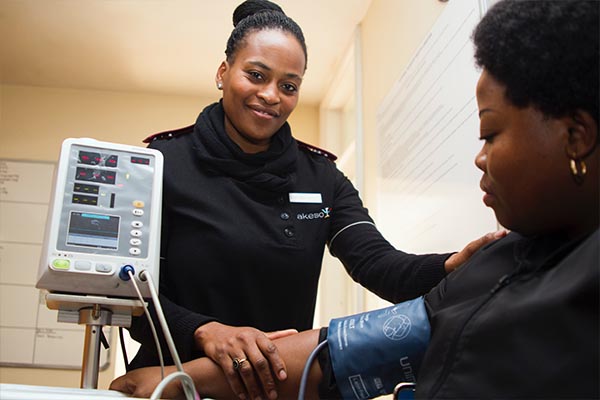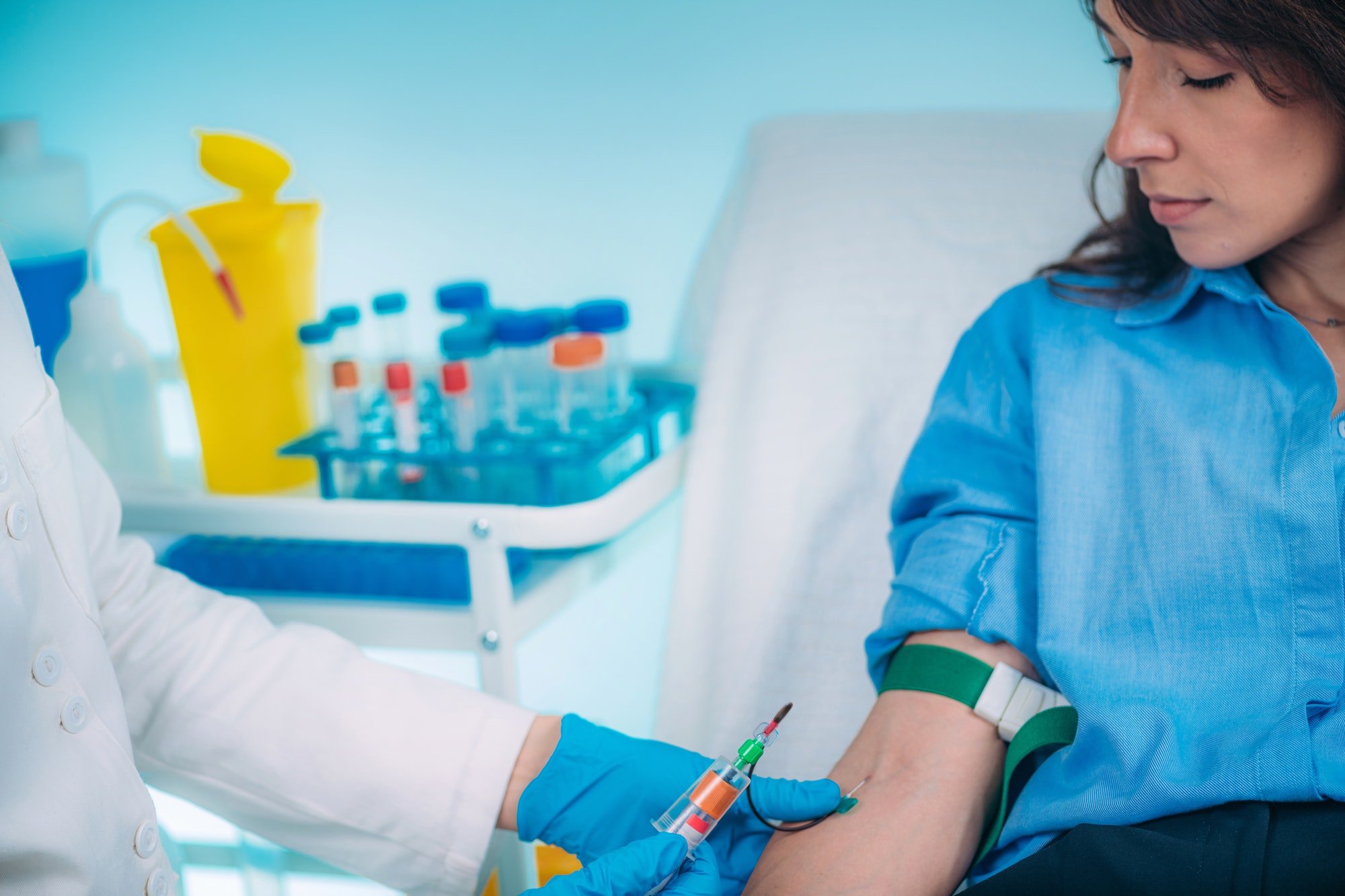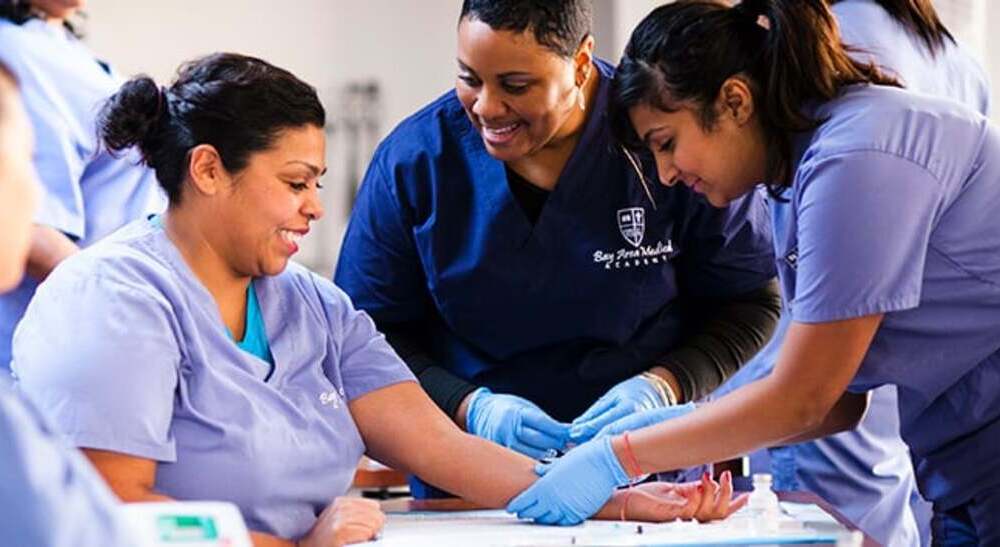Vital Variables to Consider When Picking one of the most Appropriate Medical College Curriculum for You
Picking the most fitting clinical college educational program is a crucial choice that can greatly influence your academic journey and future job course. As aspiring medical professionals, the option of curriculum need to straighten with your individual learning design and occupation desires. Nevertheless, past these preliminary considerations, numerous vital elements come into play when making this selection. By checking out the nuances of training methods, curriculum adaptability, and scientific exposure possibilities, a much more comprehensive understanding of what makes an educational program suitable for you arises. Let's discover these important elements that can form your medical education and learning and ultimately, your specialist trajectory.
Personal Learning Style

Medical colleges that provide varied mentor methods and resources can suit different discovering styles, cultivating a inclusive and vibrant educational setting. Ultimately, comprehending personal learning choices empowers pupils to make informed choices regarding their clinical education, setting a strong structure for their future professions in health care.
Profession Goals Positioning

Furthermore, straightening job goals with the medical school educational program can likewise enhance inspiration and involvement throughout the academic journey. When pupils see the direct relevance of their coursework to their future job, they are more probable to remain focused and dedicated to their studies. For that reason, when selecting a clinical institution curriculum, it is critical to carefully think about how well it straightens with one's profession purposes to make certain a successful and fulfilling specialist path.
Training Methods
Thinking about the alignment of career purposes with the selected medical school educational program, an exam of the training methods utilized becomes crucial in forming the learning experience. The performance of a clinical school curriculum greatly counts on the mentor techniques used by the institution. Different training techniques, such as talks, small seminar, problem-based learning, simulation-based training, and hands-on scientific experience, can dramatically impact exactly how well pupils maintain and realize information.
Simulation-based training allows students to exercise scientific skills in a controlled setting prior to engaging with genuine clients. Hands-on medical experience uses a direct understanding of client care and clinical techniques.
When picking a clinical college educational program, aiming pupils should take into consideration the training methods used to make sure that their discovering preferences and staminas align with the instructional strategy of the organization.
Curriculum Adaptability
When examining medical institution programs, assessing the level of curriculum adaptability is important for possible students looking for a tailored academic experience. Curriculum versatility describes the degree to which pupils can customize their understanding paths within the clinical school curriculum. An educational program that provides adaptability allows trainees to pursue their rate of interests, emphasis on areas where they require more support, and take part in discovering experiences that straighten with their career objectives.

Possible medical trainees need to consider just how a medical college's curriculum versatility straightens with their learning preferences, profession aspirations, and personal objectives. By picking a program that offers the ideal equilibrium of structure and flexibility, trainees can maximize their instructional home experience and prepare themselves for successful occupations in medication.
Scientific Direct Exposure Opportunities
Discovering the useful application of medical understanding, medical exposure opportunities play an essential duty fit an extensive clinical education. These chances offer pupils with very useful Discover More hands-on experience in genuine health care settings, enabling them to link the gap in between theory and practice. When taking into consideration medical college educational program, the top quality and amount of professional direct exposure need to be very carefully evaluated.
Effective medical exposure must use a diverse series of experiences across different specialties, guaranteeing that trainees are exposed to various clinical situations and patient demographics. Exposure to outpatient facilities, inpatient wards, medical theaters, and emergency situation divisions can help trainees create a well-shaped understanding of different aspects of medical care delivery. Additionally, possibilities for community-based treatment and interactions with underserved populaces can foster a deeper recognition for the social components of wellness.
Additionally, the presence of supportive professors and advisors throughout these clinical experiences can significantly boost the knowing procedure. Faculty guidance and positive comments can aid students reflect on their scientific encounters, identify locations for improvement, and improve their scientific skills and decision-making capabilities (Northeast Medical Institute CNA Classes Near me Stamford). In general, durable medical exposure possibilities are crucial for preparing future physicians to deliver quality patient treatment successfully
Verdict
To conclude, when choosing a medical institution curriculum, it is vital to consider your individual knowing design, positioning with career goals, showing methods, educational program versatility, and medical direct exposure chances. These factors play a vital role in establishing one of the most suitable program for your instructional and professional growth. Ensure to completely review each element to make an informed decision that will best sustain your growth in the medical area.
Understanding one's personal learning design is important when choosing a clinical school educational program. By recognizing one's discovering style early on, striving clinical students can strategically select an educational program that caters to their strengths, ultimately enhancing their knowing experience and scholastic success.
When evaluating medical college programs, evaluating the extent of educational program flexibility is necessary for potential students seeking a tailored academic experience. Curriculum check here adaptability refers to the level to which trainees can customize their knowing courses within the medical college curriculum.In verdict, when selecting a medical college curriculum, it is necessary to consider your personal discovering design, positioning with occupation objectives, showing methodologies, educational program versatility, and medical direct exposure opportunities.